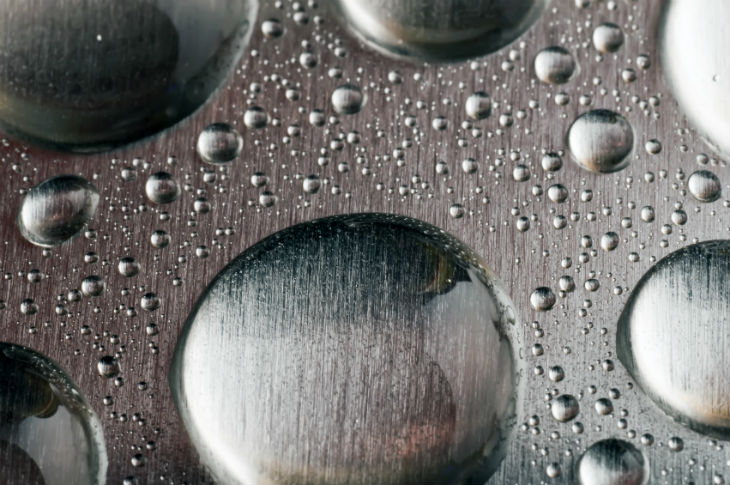Fluoropolymers. We encounter them on a daily basis, and they help much of our surrounding world and society function efficiently. As American chemist Roy Plunkett once said, “From stovetops to outer space, from electronics to ecology, from architecture to the Statue of Liberty, Teflon touches every one of us in some way almost every day.”
FEP vs PTFE vs PFA
So, what exactly is the difference between the different types of fluoropolymers? Well, the slight differences lie mostly in the structure.
What is FEP?
Fluorinated ethylene propylene (FEP) shares some of the same non-stick qualities as Teflon though its structure is slightly different.
- FEP is softer and therefore melts at a lower temperature than PTFE. This means it is less commonly used in cooking and baking.
- FEP is resistant to sunlight which makes it of great value for weather uses and applications.
- FEP is highly transparent. Whatever you use FEP to cover, the object will remain the same color.
What is PTFE?
Polytetrafluoroethylene (PTFE) was the first synthetic fluoropolymer ever produced and is widely known by the brand name Teflon™.
- In 1954, French engineers discovered that Teflon-coated cookware was nonstick and easier to clean. That’s why it has become a much loved baking and cooking staple.
- Despite geckos’ fierce climbing abilities, Teflon is the only known surface to which these creatures cannot stick!
- PTFE has high electronegativity.
- Teflon has been used to coat bullet cases.
- Teflon is used to coat pharmaceutical needles to make the process less painful and invasive.
- NASA is now looking into nonstick technology to aid their mission to Mars.
What is PFA?
The main difference between perfluoroalkoxy alkane (PFA) and PTFE is PFA is a polymer with the ability to be melt-processed. Its structural difference results in improved flow, thermal stability, and creep resistance.
- PFA resists stress cracking and attack by almost all chemicals and solvents.
- PFA is temperature resistant, making it ideal for use in both high and low temperature environments.
Find What You Need at Tampa Steel & Supply
From sheet metal to aluminum piping, Tampa Steel & Supply has all of your construction or renovation metal needs. Contact one of our friendly and knowledgeable staff members today to learn more about how we can help.
Request a Quote Online
Or Call Tampa Steel & Supply at (813) 241-2801

